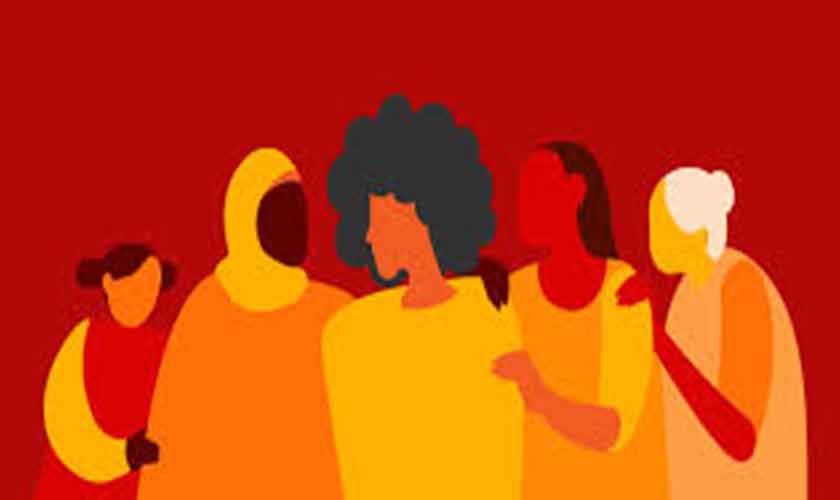lobally, the victims of domestic violence are overwhelmingly women. They also tend to experience more severe forms of violence. Gender bias and social injustice are present all over the world. The World Health Organisation (WHO) estimates that one in three women experience domestic violence at some point in their life. They are also likelier than men to use intimate partner violence in self-defence. The situation is worse in the case of women who belong to underdeveloped countries.
Violence against women is a common and serious issue in Pakistan. Lack of education, poor health and low workforce participation make women more vulnerable to violence and other crimes. Lack of empowerment, poverty and lawlessness are also factors contributing to violence against women in Pakistan.
Many Pakistani women live in perpetual fear. Many face violence on a daily basis. So deeply rooted are the patriarchal customs and traditions, which allow violence against women, that many do not consider it an aberration. Violence against women is driven by gender norms that normalise and justify gender inequality and violence. From birth, girls in Pakistan learn to interact with social agents, especially male family members, through gender socialisation. They learn to obey; they learn to suppress their emotions; and they learn patience.
Gender socialisation contributes to gender inequalities in education, income, employment and empowerment. Half of Pakistan’s population is female. Thus, women’s empowerment would mean strengthening the position of this significant percentage of the population. The safety and security of such a large proportion of society cannot be ignored.
During the last three years, there has been a surge in reported domestic violence cases in the country. Several heart-wrenching cases of domestic violence against women, including brutal murders, honour killings, sexual harassment, child marriage, and acid-throwing, have been reported over the years. 2023 started with the heartbreaking news of the murder of a mother of five in Larkana, Sindh. Her husband reportedly killed her in front of her children. A close friend murdered a 27-year-old female for rejecting his marriage proposal. In another case, a 32-year-old mother of four was tortured and killed by her alcoholic husband.
Domestic violence involving physical assault and psychological harassment is a crime against society and humanity. A large segment of psychological and psychiatric research on criminal behaviour is dominated by the belief that human beings are animals, controlled by a myriad of biological urges, drives, and needs. Many scientists believe that if we observe and study the animal kingdom, especially the primates, we will understand why people act violently.
Research shows that those who commit brutal, violent crimes often have undiagnosed and untreated psychological problems. Unpredictable mood swings, fascination with violence and uncontrollable rage are all symptoms of mental illness. Not only is violence against women a serious issue in Pakistan, so is the lack of mental health awareness.
There is a need to address the underlying causes of violence in society to protect women. Gender bias, systemic discrimination, lack of mental health awareness and lack of education are all factors contributing to the rise in violent crimes against women in Pakistan. The responsibility for women’s safety falls on the state and the society. To create a more equal and safe society, measures must be taken to address these factors.
The writer is an assistant professor at the Department of Psychology, University of Sindh, Jamshoro. She can be reached at [email protected]
https://www.thenews.com.pk/tns/detail/1090845-tackling-violence-against-women

